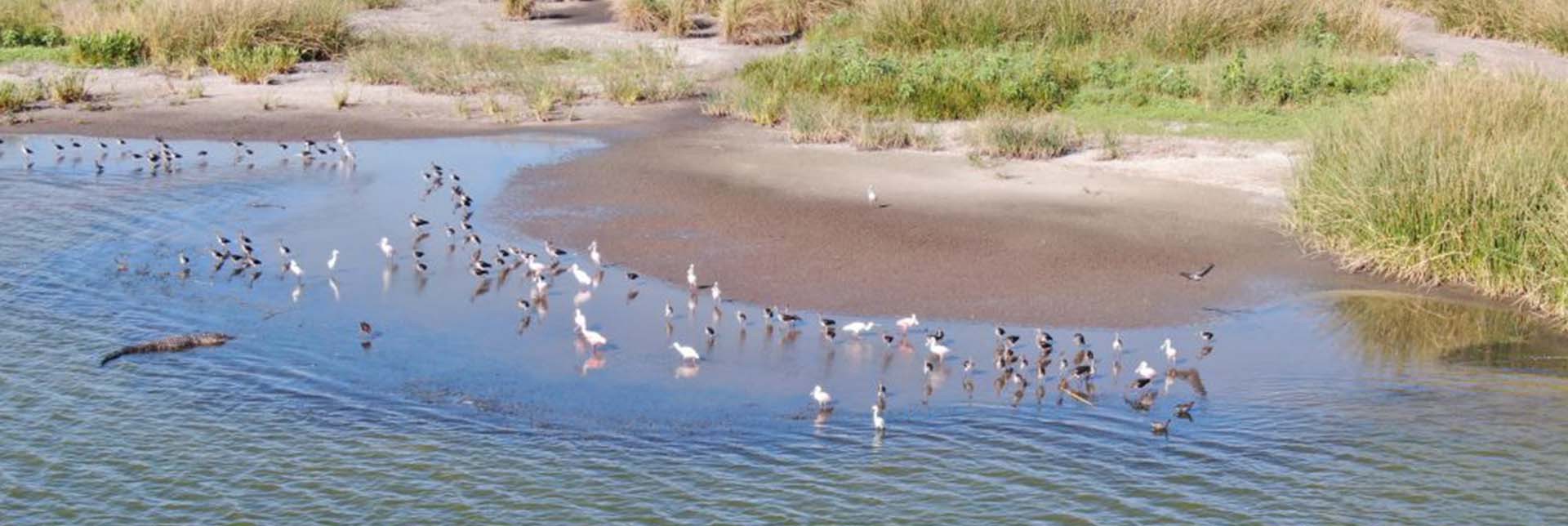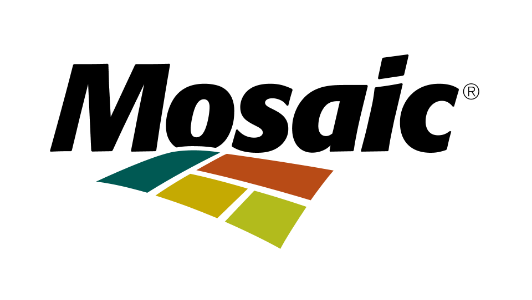
Audubon Florida and Mosaic Partner to Document Bird Count
Mosaic ended its operations at Hooker’s Prairie, Florida, an area near Fort Meade, in 2014 and began returning every acre mined back to productive use through a process called land reclamation; a State requirement since 1975. Since ceasing operations there, Mosaic employees noticed Roseate Spoonbills nesting at the site. Roseate spoonbills are listed by Florida Fish and Wildlife Conservation Commission as an Imperiled species, which means protecting their nesting and breeding environment is vital to the recovery of the species.
Mosaic reached out to long-time partner, Audubon Florida, and as of Spring 2021, they confirmed an estimated 30-40 pairs of breeding spoonbills had chosen to nest in the area because of abundant food sources and protection from would-be predators.
“This makes the Hooker’s Prairie site one of the largest spoonbill breeding colonies in our region, second only to the Alafia Bank Bird Sanctuary,” said Mark Rachal, Sanctuary Manager at the Audubon Florida Coastal Islands Sanctuaries.
The site at Hooker’s Prairie is different from many of the coastal areas that Audubon typically monitors. At the coastal sites, the adult spoonbills can forage in saltwater and freshwater wetlands to feed their young. At the Hooker’s Prairie site, however, they rely solely on nearby freshwater wetlands to feed their families, which they appear to be doing with a high level of success.
“The isolated location with few human disturbances also makes the site preferable to wading birds, said Mosaic’s lead ecologist, Raoul Boughton, who first discovered the breeding colony. Roseate Spoonbills are known for flocking to and breeding on remote island locations with surrounding shallow wetlands like the Hooker’s Prairie site because it provides habitat featuring excellent protective cover and ample foraging opportunities.
Hooker’s Prairie and similar sites are vitally important for the recovery of these birds and achieving a stable nesting population in Florida. That’s why Audubon and Mosaic will partner to maintain an ongoing count of breeding wading birds at the Hooker’s Prairie reclamation site and document the spoonbills’ nesting activities in the years ahead.
